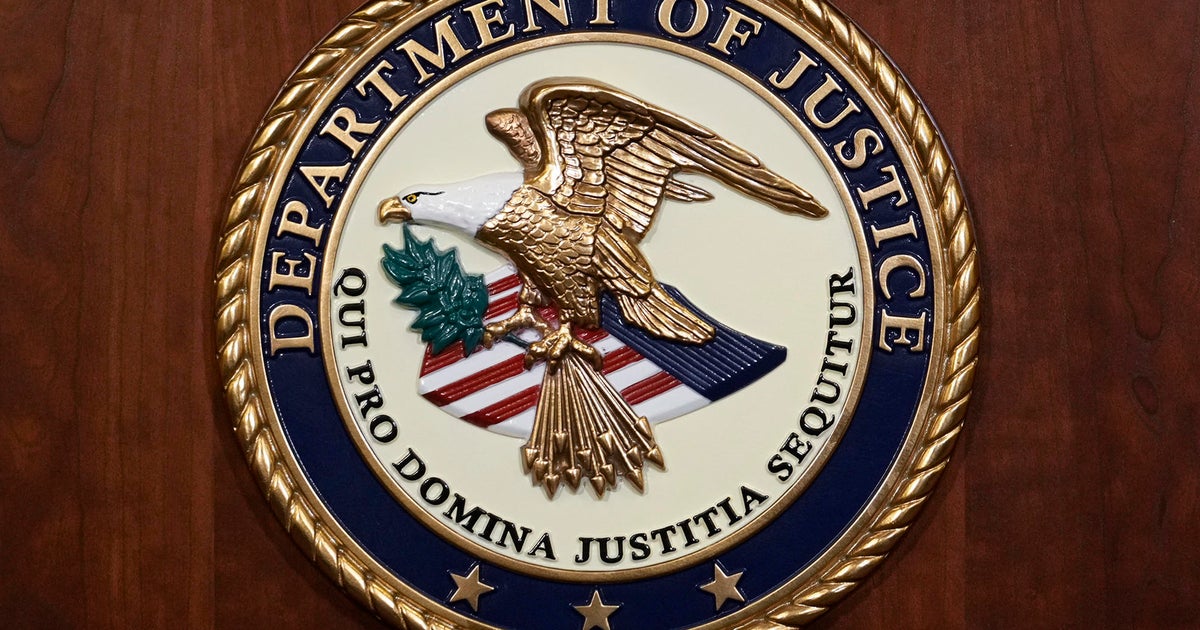
U.S. charges Chinese nationals in hacking scheme targeting politicians, businesses
CBSN
Washington —The Justice Department announced charges against seven Chinese nationals with ties to a state-sponsored group in a hacking scheme, accusing the individuals of targeting U.S. businesses and political officials, candidates and campaign staff to promote the Chinese government's "economic espionage and foreign intelligence objectives."
The indictment charges the seven individuals, which were allegedly part of a "group of malicious cyber actors," with conspiracy to commit computer intrusions and conspiracy to commit wire fraud for their ties to the hacking group's work, some of which resulted in successful compromise of email accounts and phone records.
"This case serves as a reminder of the ends to which the Chinese government is willing to go to target and intimidate its critics, including launching malicious cyber operations aimed at threatening the national security of the United States and our allies," Attorney General Merrick Garland said in a statement.





















 Run 3 Space | Play Space Running Game
Run 3 Space | Play Space Running Game Traffic Jam 3D | Online Racing Game
Traffic Jam 3D | Online Racing Game Duck Hunt | Play Old Classic Game
Duck Hunt | Play Old Classic Game











